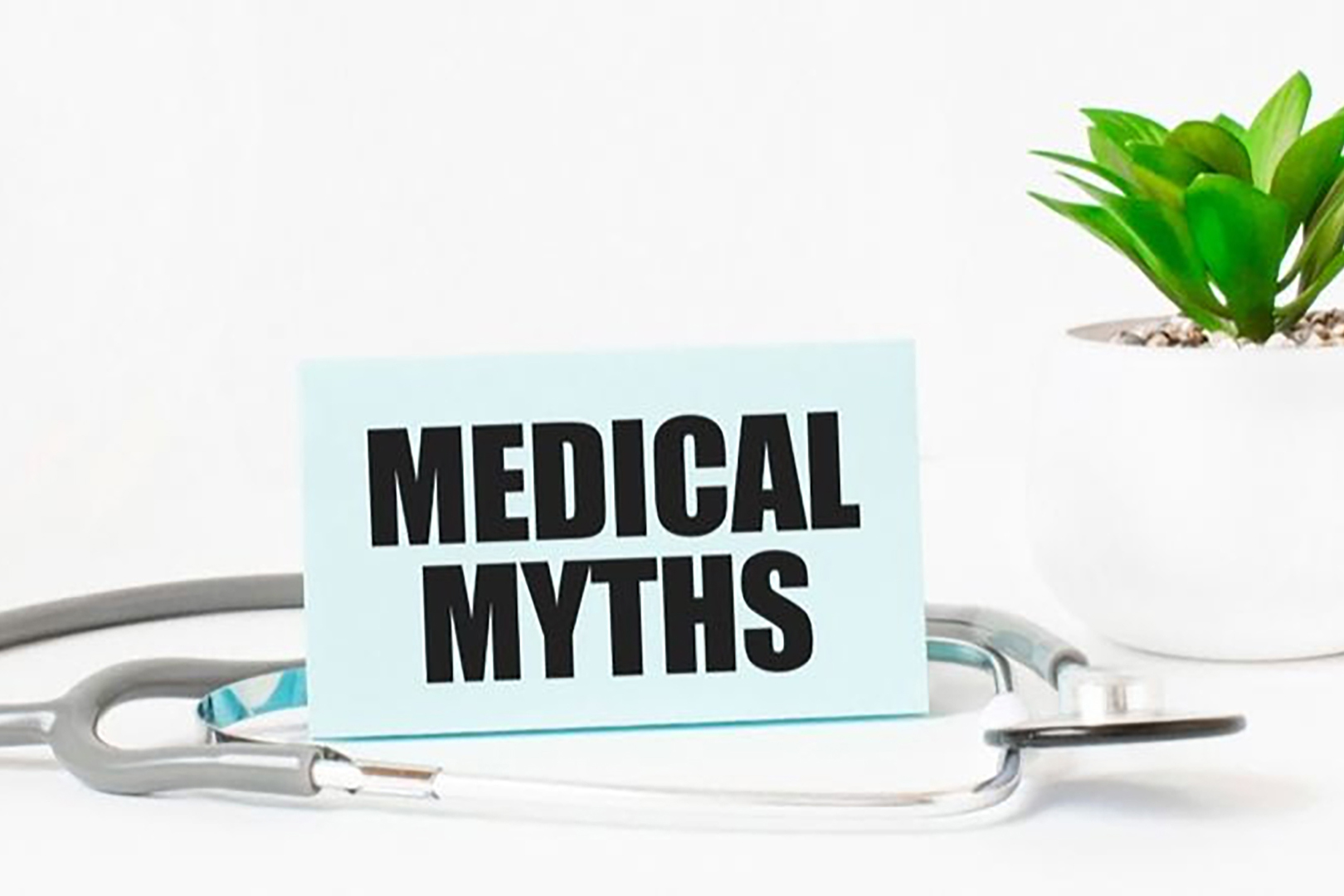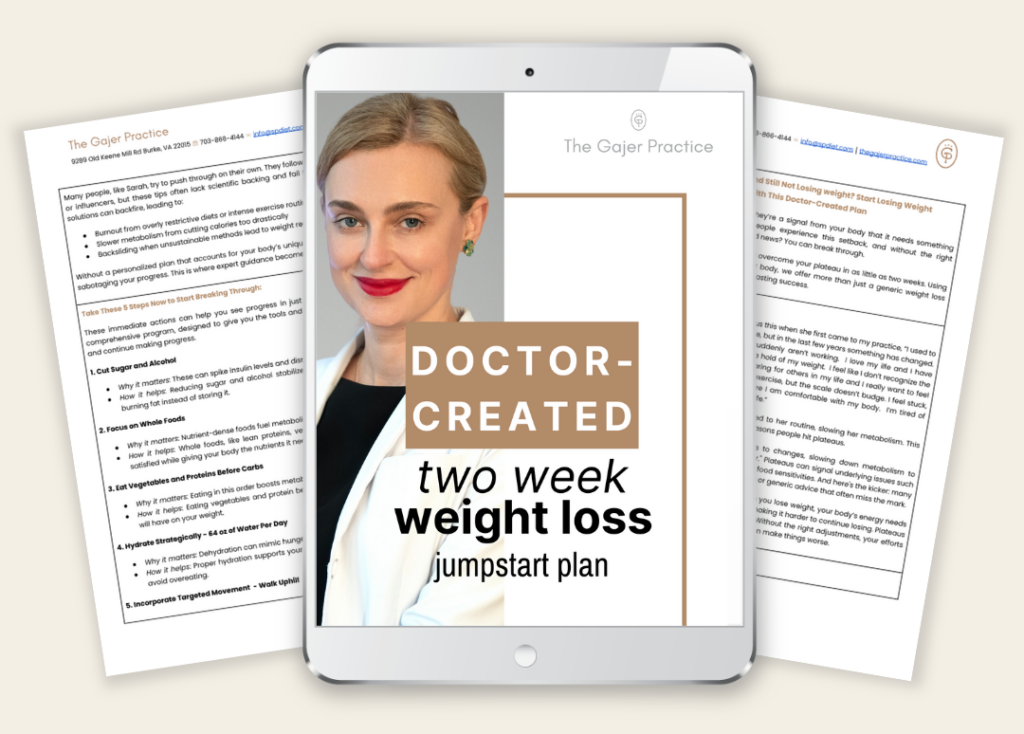When we think about men’s health, hormones play a crucial but often misunderstood role. As a physician specializing in metabolic health and hormone balance, I frequently encounter misconceptions about how men’s hormones function. Let’s dive into the world of male hormones and explore how they impact overall health and well-being.
The Key Players in Men’s Hormonal Health
While testosterone often steals the spotlight, it’s just one part of a complex hormonal system. Here are the main hormones that regulate men’s health:
- Testosterone: This is indeed the primary male sex hormone. It’s responsible for developing male sexual characteristics, maintaining muscle mass, bone density, and regulating sex drive.
- Estradiol: Surprisingly, men need estrogen too! A form of estrogen called estradiol plays a vital role in bone health, cognitive function, and even cardiovascular health in men.
- Cortisol: Often called the “stress hormone,” cortisol affects metabolism, immune response, and how the body responds to stress.
- Thyroid Hormones: These regulate metabolism, energy levels, and body temperature. Though more women than men suffer from thyroid problems, men may be affected too.
- Growth Hormone: Important for muscle growth, bone density, and overall body composition.
How the System Works
- The male endocrine system operates on a feedback loop. The hypothalamus in the brain signals the pituitary gland, which then sends messages to various glands and organs to produce hormones. These hormones circulate in the bloodstream, affecting different bodily functions.
- For example, when testosterone levels rise too high, the brain sends signals to the pituitary to reduce production, maintaining a delicate balance.
Hormonal Changes Throughout Life
- Contrary to popular belief, men do experience hormonal changes throughout their lives, albeit less dramatically than women. Testosterone levels typically peak in early adulthood and gradually decline with age, about 1% per year after age 30.
This gradual decline can lead to symptoms like:
- Decreased muscle mass
- Reduced bone density
- Lower sex drive
- Changes in mood and energy levels
Maintaining Hormonal Balance
While some hormonal changes are a natural part of aging, there’s much men can do to support their hormonal health:
- Regular Exercise: Particularly strength training, which can boost testosterone levels.
- Balanced Nutrition: A diet rich in lean proteins, healthy fats, and plenty of fruits and vegetables supports hormone production.
- Stress Management: Chronic stress can disrupt hormonal balance, particularly affecting cortisol levels.
- Quality Sleep: Poor sleep can negatively impact testosterone production and overall hormonal health.
- Limiting Alcohol and Avoiding Smoking: Both can interfere with hormone production and balance.
When to Seek Help
- If you’re experiencing symptoms like persistent fatigue, significant weight gain, depression, or sexual dysfunction, it may be worth checking your hormone levels. A comprehensive blood panel can provide insights into your hormonal health.
- Remember, hormonal health is just one piece of the overall health puzzle. It’s closely interconnected with diet, exercise, stress levels, and sleep quality. By taking a holistic approach to health, you can support your body’s natural hormonal balance and optimize your overall well-being.
Take Control of Your Hormonal Health Today
- Are you concerned about your hormonal health? Don’t let uncertainty hold you back from feeling your best. At the Gajer Practice, we specialize in helping men understand and optimize their hormonal health.
Take the first step towards hormonal balance and overall wellness. Schedule a consultation with Dr. Gajer today!
To book your personalized hormone health consultation, call our office at +1-703-866-4144 or visit our website at www.thegajerpractice.com. Let’s work together to unlock your full health potential and help you feel energized, balanced, and at your best.






